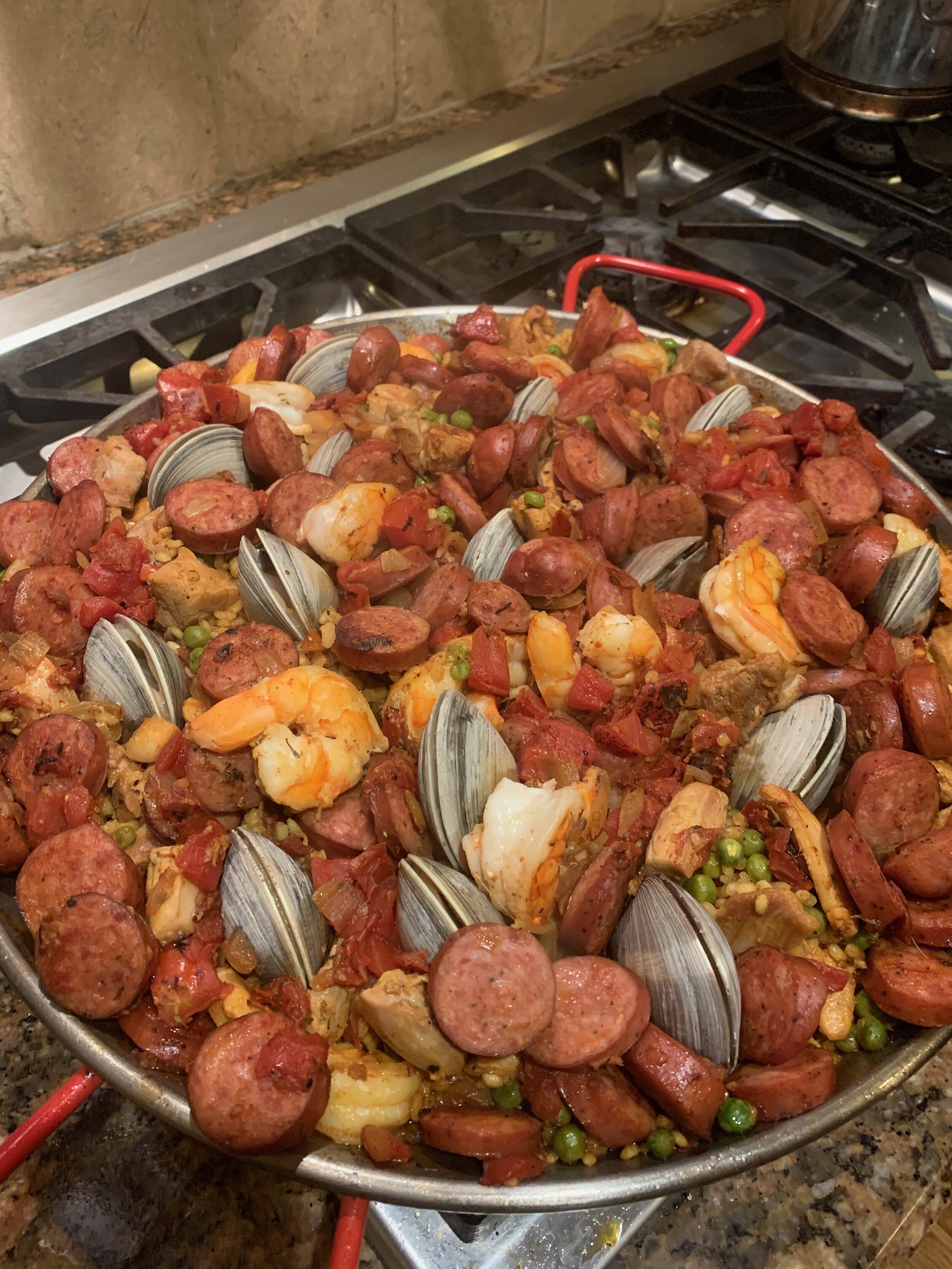5 Ways to Write without Writing
It’s been a long year.
And I’m not talking about 2020. I’m talking about the year that wasn’t for so many of us. And yet was for so many others. I’m talking about the year that’s had no clock, no calendar, and seems to have no end.
Writing is difficult in the calmest times so please don’t be hard on yourself if you have found it incredibly difficult just now. I say this as someone who is trying to show myself grace. I’ve gotten rather down on myself for being unproductive and uninspired. If I didn’t Write Words, I felt I’d failed that day. Until I realized there were so many ways I was writing without writing.
Here are five of them:
Daydream
Thinking about your story counts. You don’t have to work out every plot point on paper. Why not just imagine your way along for a bit, like a chess player seeing the possible moves and countermoves. Find a comfy quiet place. No screens. Give yourself permission to just be.
Let your story slip into your head. Let it tell you where it wants to go. Don’t force it though. Maybe it just wants to sit with you for a while. Sometimes we’ve really got to get to know each other before we share our truths.
Doodle
When I can’t write my way into a scene, I doodle my way in. Using pencil or pen and paper – sometimes very large sheets of paper – to get my hand moving across the page, to feel progress and momentum is just the ticket. And I think that tactile sensation and friction between pencil and paper can really change how you connect with your story.
If you want to be more constructive while doodling, draw a map of your main character’s school, or spaceship, or secret villain lair. (I actually draw a lot of maps. I LOVE them!) Draw your character. Draw the tattoo they don’t let anyone know they have. You get what I’m saying. Have fun with it!
Make a Playlist
If you listen to music while you write, you may already be crafting a playlist that gets you in the mood for your story. Let me challenge you to try something different. Create a playlist for your character before the story climax. Now create another for them after the story climax. Has it changed? I hope so! Now think about how and why it’s changed.
Maybe you want your character to fashion a few playlists of their own. For their BFF? Their nemesis? Their parents?
Make a Meal
This is one of my favorites because it helps me get to know my characters and…FOOD! Choose a plot point in your manuscript. Now make a breakfast, a dinner, a snack that speaks to that moment.
What kind of comfort food would your main character make after the big breakup?
Perhaps they need a hangover remedy for the morning after that crazy party at the lake?
What would be the first dinner for the new in-laws?
While you are creating, use your senses. Food brings them all into play, even memory. And remember, food takes time – to make, to eat, to clean up. I have found that often when authors want to let their characters hash things out, they let that happen over a meal. But why not while preparing it or cleaning up after? That would definitely bring in more physicality and action.
Next time you want to spend some time with your characters and you’re hungry, satisfy both urges.
Read
The best advice I can give any writer is to read. Please! Read deeply and widely and well. Read things you never thought you would. Don’t know where to start? Ask your local librarian. Or start with one of those “100 Books Before You Explode” lists. Expand you mind and think about all the “whys” and “hows” of the story while you are diving into it.
Why do you like stories from this particular author?
Why did that chapter make you cry?
How did this author build tension?
How did that author hide the clues to the mystery in plain sight?
These are just a few easy questions to be asking yourself. And you should be studying what you don’t like about a book as well! Was the character unbelievable? Why do you think so? Did the resolution seem contrived? How would you have managed it?
There are many ways to work on your story without putting pen to paper or fingers to keys. Let’s face it. Sometimes the words don’t flow. It doesn’t mean your imagination can’t.





